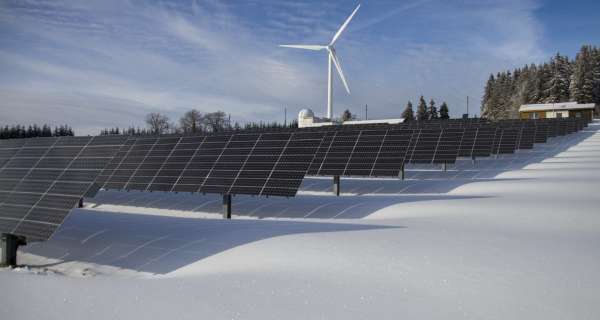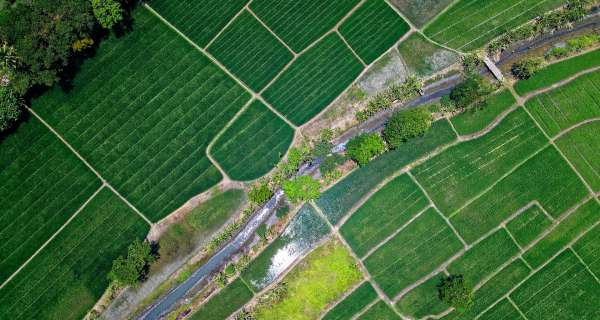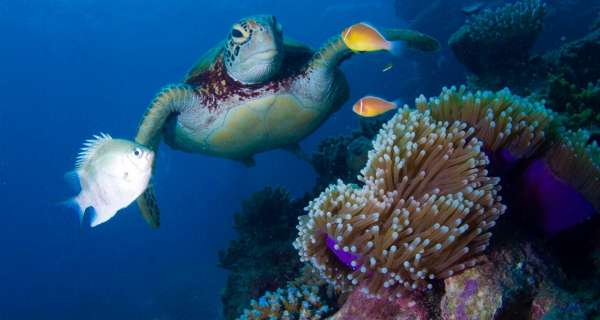Reducing greenhouse gas emissions is essential to slow global warming and protect coastal zones. Mitigation strategies include transitioning to renewable energy sources, improving energy efficiency, and promoting sustainable land use practices. International cooperation and strong policy frameworks are crucial for effective mitigation.
Coastal Protection

To combat rising sea levels and erosion, coastal protection measures such as seawalls, levees, and breakwaters can be implemented. These structures help shield coastal areas from the impacts of waves and storm surges. However, they must be carefully designed to avoid negative environmental consequences.
Ecosystem-Based Adaptation

Protecting and restoring natural coastal ecosystems can enhance resilience to global warming. Mangroves, coral reefs, and wetlands act as natural buffers against storm surges and erosion. Conservation efforts and habitat restoration projects can strengthen these ecosystems and provide additional benefits, such as carbon sequestration and biodiversity conservation.
Community Engagement And Education

























0 Comments